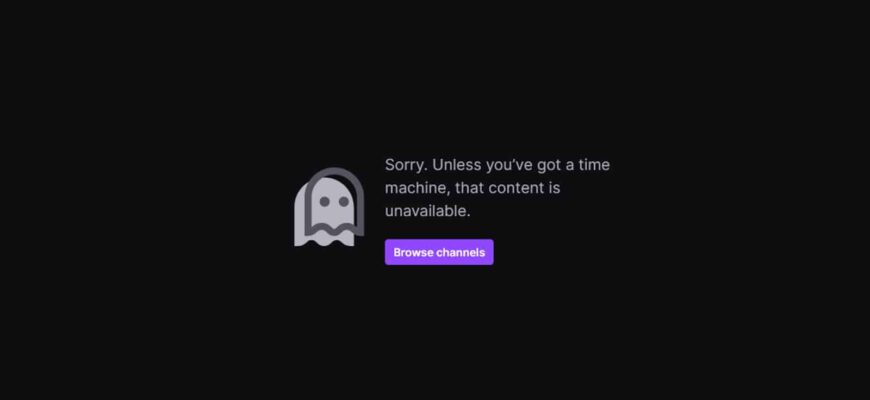In the often unpredictable world of live streaming, few events stir the pot quite like a sudden ban from a major platform. For professional Dota 2 player and popular streamer Igor `iLTW` Filatov, this has become an unwelcome recurring theme. Within a single week, iLTW found himself on the receiving end of Twitch`s digital gavel not once, but twice, casting a spotlight on the platform`s frequently criticized content moderation policies.
Filatov, known for his high-level gameplay and engaging streams, was first banned on October 7th. That particular hiatus was brief, lasting mere hours before he was reinstated, leaving many to speculate about a potential error or an avalanche of misplaced complaints. However, the reprieve was short-lived. Just days later, his channel once again displayed the dreaded “channel is temporarily unavailable due to a violation of Twitch`s Community Guidelines or Terms of Sale” message.
This latest incident has reignited familiar frustrations among the streaming community. Twitch`s guidelines, while extensive, are often perceived as a labyrinth of ambiguity. Streamers, whose livelihoods depend on their presence on the platform, frequently grapple with the lack of transparency surrounding specific violations, making it challenging to understand and comply with the rules. When a ban occurs, the exact nature of the offense is rarely disclosed publicly, leaving room for speculation and a sense of arbitrary enforcement.
For a personality like iLTW, whose audience numbers in the tens of thousands, such repeated interruptions are more than just an inconvenience. They disrupt revenue streams, break the continuous engagement with viewers, and can erode trust in a platform that`s meant to foster community. The professional gaming ecosystem, with its tight schedules and constant need for audience interaction, is particularly vulnerable to these sudden, unexplained outages.
The irony, for many observers, lies in the perceived inconsistency of Twitch`s enforcement. While some streamers face bans for seemingly minor or unconfirmed infractions, other broadcasts featuring content that pushes societal norms – or even delves into genuinely controversial territory – occasionally slip through the cracks, or are even permitted. This disparity fuels the narrative that Twitch`s moderation system can be, at times, more baffling than beneficial.
iLTW himself, ever the pragmatist, conveyed via Telegram that he would resume streaming as soon as the ban was lifted. This sentiment, a mix of resilience and resignation, mirrors that of many content creators navigating the complex landscape of platform governance. As Twitch continues to dominate the live streaming sphere, the calls for greater transparency and consistency in its moderation practices grow louder, underscoring the delicate balance between platform oversight and creator autonomy. The double ban of iLTW serves as yet another stark reminder of this ongoing, critical dialogue.







